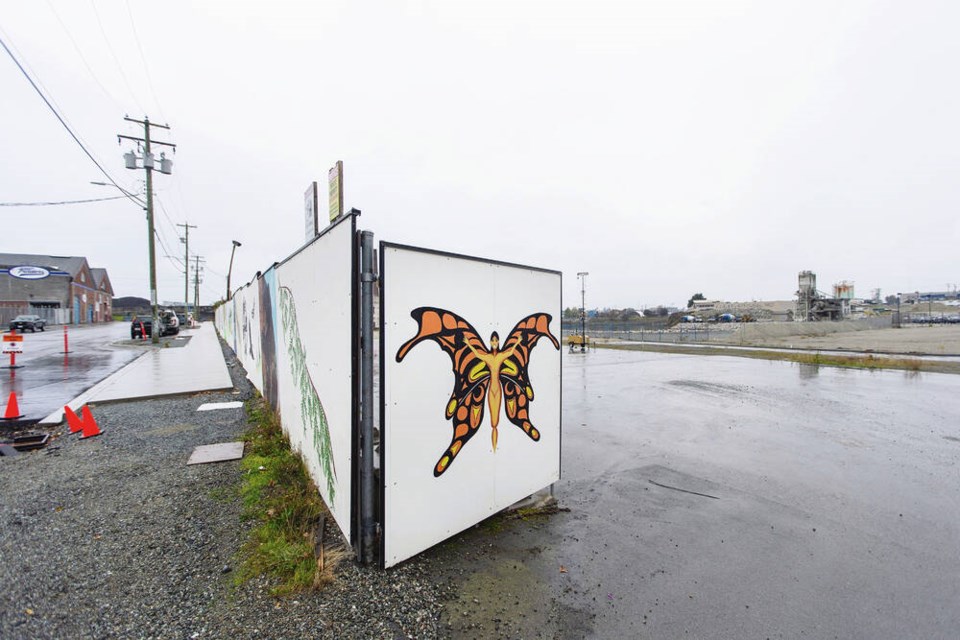To help the Esquimalt and Songhees First Nations redevelop the Rock Bay land they purchased from sa���ʴ�ý Hydro this year, the City of Victoria has instructed its staff to work with the Nations to develop a revitalization program that could include a property tax exemption for up to 10 years.
The program, which would start in 2024, would be designed to support development of the lands inside what the city calls its Arts and Innovation District.
In a motion drafted by Mayor Lisa Helps, the city acknowledged the Nations have been pushed to the margins of their economic heartland for more than a century and now that they control a swath of land just north of downtown the city should support their efforts.
In her motion, Helps argued it would recognize the importance of economic development as reconciliation in action, and would support the city’s objectives for the revitalization of the area.
Helps noted city staff are already working with the Nations on their development proposal for the lands and as part of the broader Arts and Innovation District.
“Staff will work with the Nations to develop a program that meets the city’s needs, the Nations’ needs and, again, is meant to really begin the revitalization of that entire part of town,” she said.
The city’s long-term vision for a strong sustainable city and economy — Victoria 3.0 — includes the creation of the Arts and Innovation District north of downtown.
The district is currently a mixture of heavy industry, commercial, retail and parking lots.
It includes the 7.5 acres now owned by the Songhees and Esquimalt First Nations.
The Nations took title to 4.5 acres of their traditional lands in Rock Bay from sa���ʴ�ý Hydro this year. It is adjacent to three acres of waterfront the two Nations acquired from Transport sa���ʴ�ý in 2016.
The site, which at one point was home to Victoria Gas and sa���ʴ�ý Electric — predecessors of sa���ʴ�ý Hydro — has been behind barriers and out of the marketplace for years as sa���ʴ�ý Hydro spent about $128 million and 12 years to remediate what was one of the most contaminated sites in the country.
Matullia Holdings, a company owned by the Nations, has hired an architect and will begin an engagement process to consider all options for the site with the Esquimalt and Songhees First Nations, which could take up to two years.
The company has said the lands could be developed into a downtown university site, an arts and cultural district, a tech hub or something no one has yet considered.
Coun. Marianne Alto said working with the Nations is an opportunity to nurture the relationship between the two governments.
“And also be part of the really exciting opportunity to work with them as they imagine the possibilities for this and to ensure that it does complement the city’s own plan for the Arts and Innovation District,” she said.
Coun. Geoff Young said he supported the motion, but advised the city to keep in mind that any tax exemption would be to support development of the lands and promote revitalization, not for handing out money for temporary uses that may extend on for years and years.
“Look at the sites on the Inner Harbour that were used for decades as parking lots,” he said.
Under the Community Charter, to exempt property from municipal property value taxes, there must be a defined revitalization program. Exemptions may apply to the value of land or improvements or both. The exemptions do not extend to school or other property taxes.



